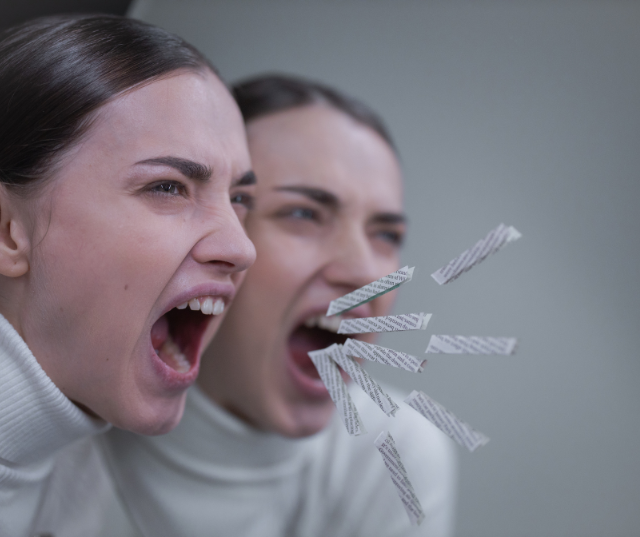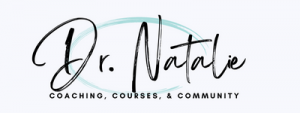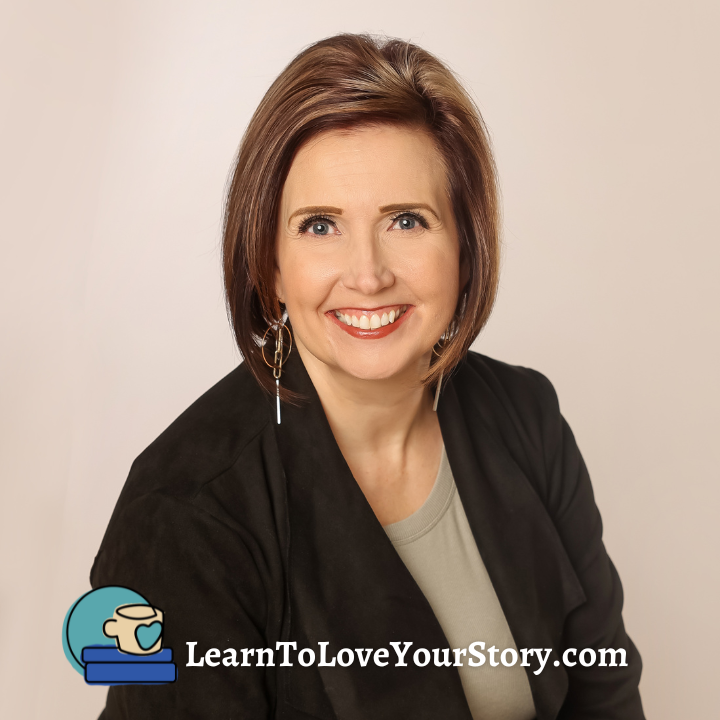Words can be very powerful. They create narratives for us. They tell us a story about what we are seeing and experiencing in our lives. And, depending on the habits we have gotten into with our words, these words may even morph into a pattern for how we see the world.

What am I talking about? Let me give you an example. I must spill something on a white shirt literally every time I wear one. I am sure there are spills on some of my other colored clothing too, but like clockwork there seems to be a coffee stain or something else colorful on every white piece of clothing I own. So, let’s say this happens and I say, “Natalie, you’re such an clutz! Why can’t you wear white once and not spill on yourself?” Seems like a normal response to this right? Well, let’s compare that to, “Oh my goodness Natalie. Spilling seems like spilling on your white clothes is just your go-to move.” followed by a laugh. What I am getting at is how in the first comment I am devaluing myself as a person because of my behavior and in the second comment I am just making fun of my behavior. It’s a subtle difference in wording that makes a major difference in how we think and feel about ourselves.
I can’t tell you the number of times I have sat across from a client who is struggling with feelings of shame and low self-worth. It’s almost epidemic in our American culture, where we are marketed at from birth to death. And the underlying message from this is that the way we are isn’t good enough as is, so “Buy this product and you’ll be better!!!”. When this culture mixes in with saying things to ourselves and others like, “I am such a clutz!” instead of “Spilling was just an accident”, we alienate ourselves more and more. Self-talk that devalues the person can increase feelings of shame.

So, why do we do this? Possibly because we were taught to. Or, because culture is so prone to use these concepts in marketing. Or even because once it is a habit in our thinking, we start to do it as second nature. I mean think about it, my comment to myself that I was an Clutz for spilling on myself is not all that uncommon, is it? We say things like it all the time. Words hold power. They define things and they narrowly begin to categorize things. So if I call myself names like that enough, it isn’t hard for me to start truly believing this. And this can lead to feeling uncomfortable or awkward when people compliment me, because those compliments aren’t in alignment with what I believe about myself.
I would challenge you this week to take a look at how you talk to yourself, to your friends, and to your family. You might even look at how you talk to others on social media. What phrases do you use? What message do they imply? Is that what you intended to say? I want you to start to notice the words and phrases that are your go-to’s and then think about what narrative they are creating for you about yourself and your world. Our stories are intricately a part of who we are, whether we are calling out the story and looking at it or not. Words are how we make up these stories and word choice is a very powerful thing. Just notice this week where the power is in your words. No need to change things (at least not yet). The first step in anything you want to address, much less change, is to recognize that it is there.

Don’t know if the Learn To Love Your Story could help you. Then take this quiz and see which Online Courses would best help you with your personal growth and development.
What Course Is Right For You?


Join us monthly as we work together to help you design the life you have always wanted for yourself. No gimmicks! Just results! Dr. Natalie has nearly two decades of experience as a Clinical Psychologist and she is ready to help women in midlife break the chains of living in constant survival mode.
Please be sure to sign up. Even if you can’t join every month, you will also have access to online courses, workbooks, guided meditations, and get the video highlights sent out after each months group coaching event. It is well worth it!!! Make 2023 your year!!!
